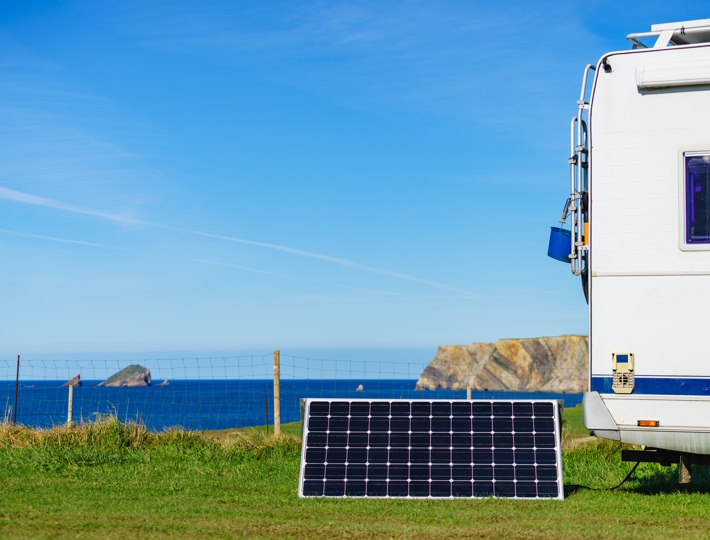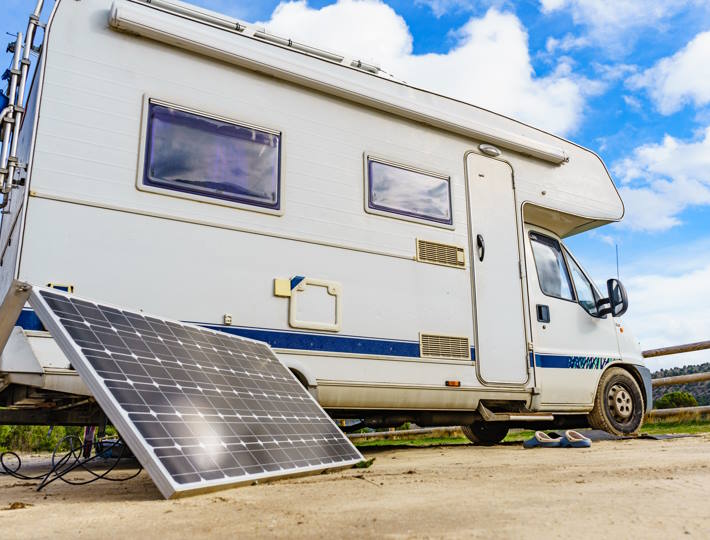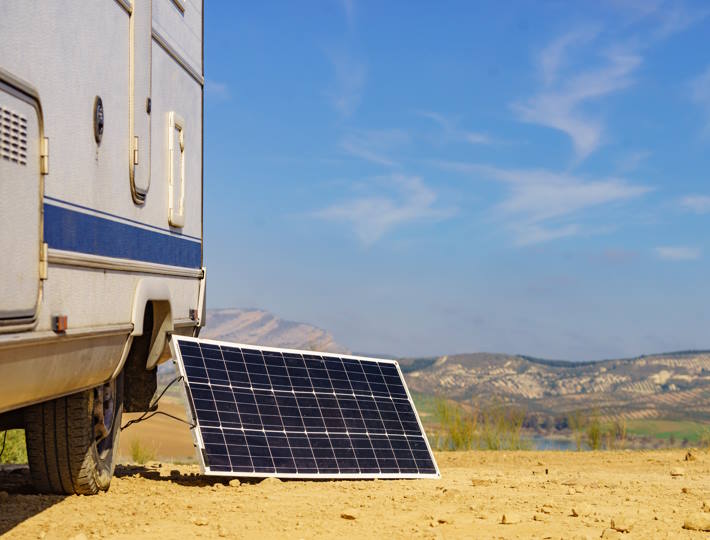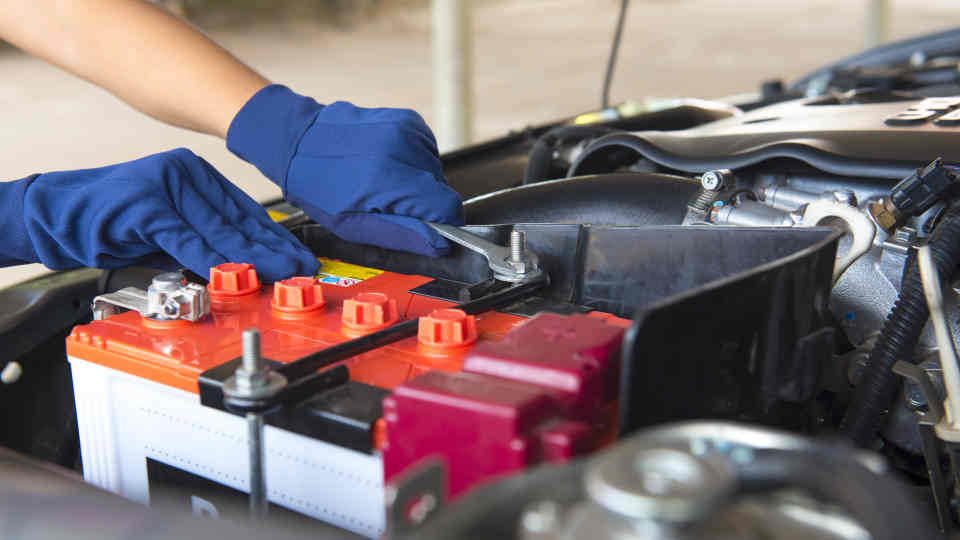As a travel enthusiast and caravan owner, I understand the importance of having a reliable power source while on the road. In this post, I will be discussing the different types of caravan battery systems and the factors to consider when choosing the right one for your needs. Whether you are a weekend adventurer or a full-time traveler, it is important to have a system that is both efficient and dependable.
Caravans and RVs are becoming more power-hungry every year, as technology advances and the need for comfort and connectivity grows. While today’s appliances are more efficient with inverter technology and LED lighting, the biggest driver of increased power usage is the desire to replace gas bottles and generators with a battery-only system. Fortunately, the rise of renewable energy sources such as solar power makes this achievable.
Understanding Your Caravan’s Power Needs
As a caravan owner, it is essential to have a good understanding of your vehicle’s power needs. This information will help you make informed decisions when it comes to choosing the right battery system and accessories for your caravan.
In this section, we will cover the basics of caravan power requirements, including electrical appliances and systems, battery types, and charging methods. Whether you are a seasoned caravanner or a beginner, this information will be valuable in ensuring that you have a reliable and efficient power supply while on the road.
Size Matters for Your Caravan Battery System
Most caravan manufacturers supply a standard battery setup of 2 x 120amp batteries, 2 x 150 watt solar panels on the roof, and a 40amp AC Caravan Battery Charger. This setup will allow you to run your 12 volt appliances and recharge your batteries through mains 240 volt power or the solar panels on your roof.
Although families will use more power than solo travelers or couples, the difference is not significant for 12 volt appliances. It’s not recommended to use less battery amp capacity or solar panel wattage, as the performance advantage will always outweigh the cost advantage.
Solar Power Keeps Your Batteries Charged
With the standard battery setup, you should not deplete your batteries during the day, as the solar panels will deliver enough power to run your 12 volt appliances and keep your batteries fully charged.
However, if you experience a string of cloudy or rainy days, you may need to top up your battery system with a generator, mains 240 volt power, or your car’s alternator with a 40amp Enerdrive dc2dc charger.
Calculating Your Caravan’s Power Usage
A 12V deep cycle AGM battery is measured in amp-hours (ah). For example, a 100ah rating means the battery can theoretically provide 1amp for 100 hours, 5amp for 20 hours, etc. However, in practical use, several factors limit the battery’s actual power output.
For example, as a caravan battery discharges, its voltage drops, reducing its amperage. It’s recommended not to draw below 50% of the battery capacity, which means you can use only half the rated amperage. With a 240amp setup, you can use 50% or 120amps in real-world use.
Common Caravan Appliances and Their Amp Draw
- LED Lights and battery monitoring devices – less than 0.5 amp per hour on average per day
- Water Pumps and Tank Level monitoring – less than 0.5 amp per hour on average per day
- Refrigeration – Small fridges use 1-3 amps per hour, large fridges use 3-5 amps per hour on average per day
- TV, Laptops, Music/Radio Devices, and Speakers – less than 0.5 amp per hour on average per day
- Power outlets for charging mobile devices – less than 0.5 amp per hour on average
240 Volt appliances cannot be powered by this AGM setup and will require an alternate power source, such as a generator, mains power, or a large 12 volt lithium/inverter battery setup. These include: - Air-conditioning and heating – Approx 60 amps per hour if trying to run off 12 volt
- Microwaves, Kettles, electric frypans, hair dryers, and washing machines – Approx 20-50 amps per hour in short periods on 12 volt.
Choosing the Right Caravan Battery System
When choosing a caravan battery system, there are several factors to consider:
- Type of battery: There are two main types of caravan batteries – Lead-Acid and Lithium-Ion. Lead-acid batteries are traditional and more affordable, but they have a limited lifespan and require regular maintenance. Lithium-Ion batteries are more expensive but have longer lifespan, lighter weight and require less maintenance.
- Battery Capacity: The battery capacity is measured in Amp-hours (Ah) and it represents how much power the battery can store. The higher the Ah rating, the more power the battery can store, and the longer it will last.
- Voltage: Most caravan batteries are 12-volt but some high-end models can be 24-volt. Make sure the voltage of your battery matches the voltage of your caravan’s electrical system.
- Size and Weight: The size and weight of the battery will impact the overall weight distribution and balance of your caravan. Lithium-Ion batteries are typically lighter than Lead-Acid batteries, making them a better choice for caravans with weight restrictions.
- Compatibility: Ensure the battery you choose is compatible with your caravan’s electrical system, including the charging system, the inverter and any other electrical devices.
- Warranty: Finally, consider the warranty offered by the manufacturer. A warranty will give you peace of mind and protect you in case of any defects or problems with the battery.
Conclusion
In conclusion, choosing the right caravan battery system requires careful consideration of your power requirements, budget, and lifestyle. Take the time to research and compare the various options available and choose a system that will best meet your needs.
Remember, a good battery system can make all the difference in your travels and provide you with the power and peace of mind you need to enjoy your adventures to the fullest. Thank you for reading and I hope this information was helpful.







